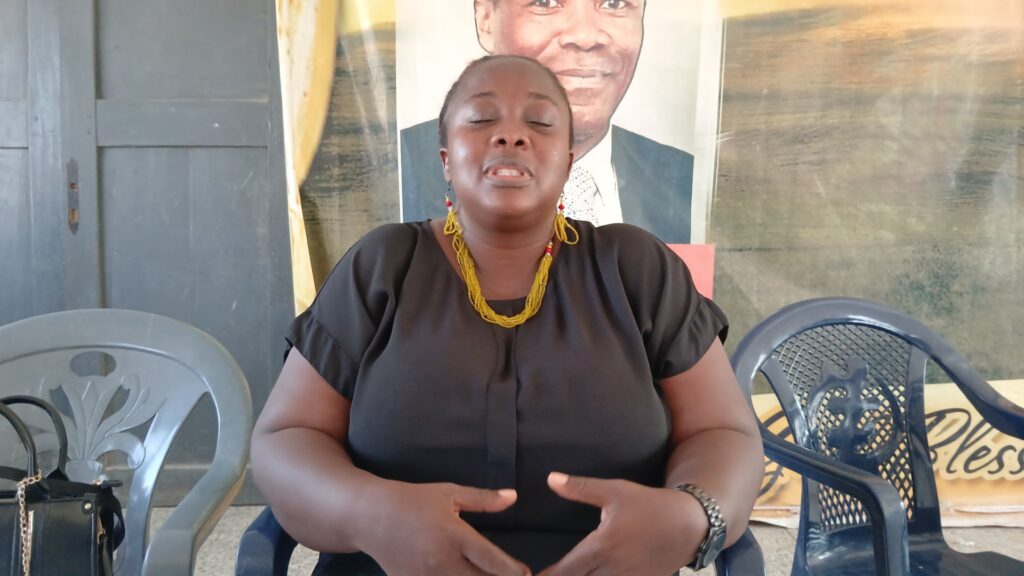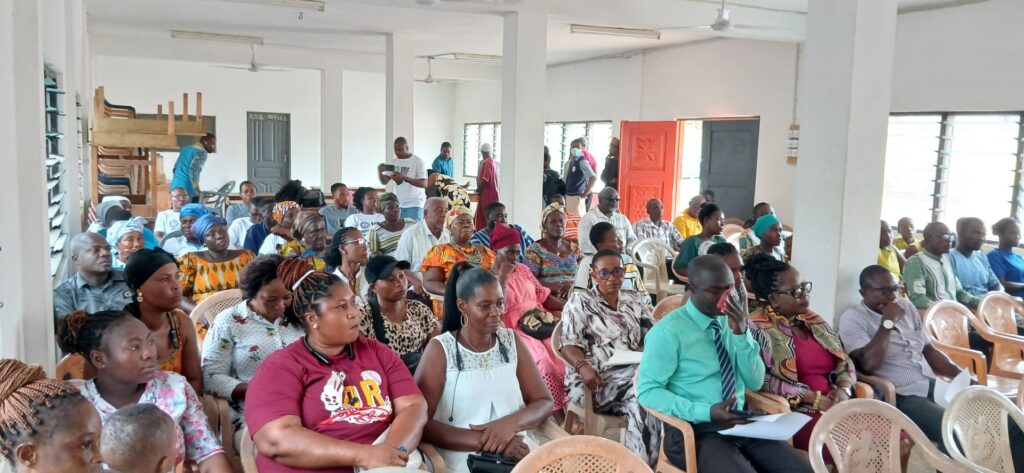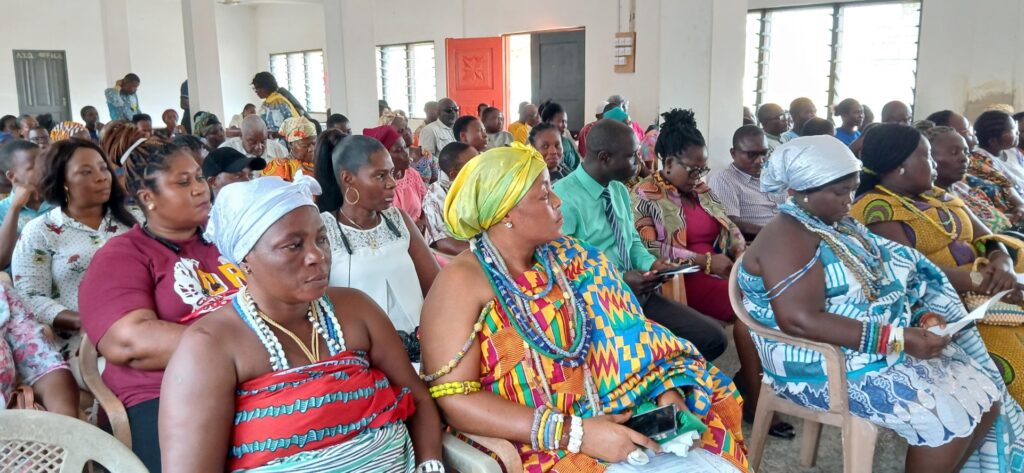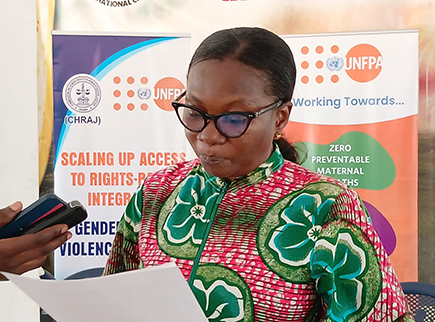The Commission on Human Rights and Administrative Justice (CHRAJ) in collaboration with the United Nations Population Fund (UNFPA), has engaged residents of Ada on strengthening coordinated responses to Sexual and Gender-Based Violence (SGBV).
The engagement, which was organised under the UNFPA initiative on Scaling Up Access to Rights-Based Integrated GBV Services, was also aimed at expanding access to survivor-centred services in Ghana.
It brought together state institutions, civil society organisations, traditional authorities, faith-based groups, service providers, survivor advocates, and the media, who identified systemic gaps and proposed practical actions to strengthening accountability across community, health, psychosocial, legal, and law-enforcement structures.

Ms Gloria Asantewaa Gyedu, Director of Programmes and Projects at CHRAJ, underscored the national duty to ensure that gender-based violence survivors received protection, care, and justice without discrimination.
She noted that although Ghana had made progress in building systems to tackle GBV, many survivors continued to face barriers in reporting cases and accessing support.
Mrs Elizabeth Hammond-Agyemang, Ada East and West Districts Director of CHRAJ, defined GBV as any act of violence perpetrated against a person solely on the basis of their gender, explaining that although women and girls remained the most affected, GBV cuts across all genders and social categories.
Mrs Hammond-Agyemang emphasised that no individual had the right to abuse another person and therefore urged community members to uphold the dignity and rights of all persons, regardless of background, appearance, or social status.
She noted that the various forms of GBV included economic violence, which involved neglecting a child’s basic needs such as food, shelter, education, clothing, and healthcare.
She highlighted sexual violence as including unwanted sexual advances or touching of sensitive body parts; rape, defined as non-consensual sexual intercourse involving persons aged 16 years and above; and defilement- sexual acts with children aged zero to 15 years who have no legal consent.

Other forms of GBV include physical violence; emotional or psychological violence, such as isolating victims, restricting their movements or ability to work, and persistent criticism; and verbal violence.
She stated that GBV inflicts deep emotional trauma, affecting survivors’ future relationships, mental health, and overall stability, and called for collective action to eliminate all forms of violence and promote peaceful coexistence.
Madam Evelyn Gyimah, a private investigator and gender advocate, stressed the need to prioritise gender equality as a foundation for reducing sexual and gender-based violence, noting that violence often stemmed from unequal power relations, harmful social norms, and cultural practices that disadvantaged certain groups, especially women and girls.
Madam Gyimah said promoting gender equality was not a competition between genders but creating a fair society where everyone lived in safety, dignity, and freedom.
She noted that when boys and girls were raised to respect one another, communities record lower levels of violence and enjoy stronger social harmony.
She called for sustained community education, urging stakeholders to challenge harmful stereotypes and encourage respectful relationships. 
“Gender-based violence thrives in silence. The more we speak up, educate one another, and hold abusers accountable, the safer our communities become,” she said.
Madam Gyimah appealed for stronger collaboration among social welfare offices, health facilities, security agencies, and local authorities to ensure timely support for survivors, while urging young people to champion positive behaviour change.

